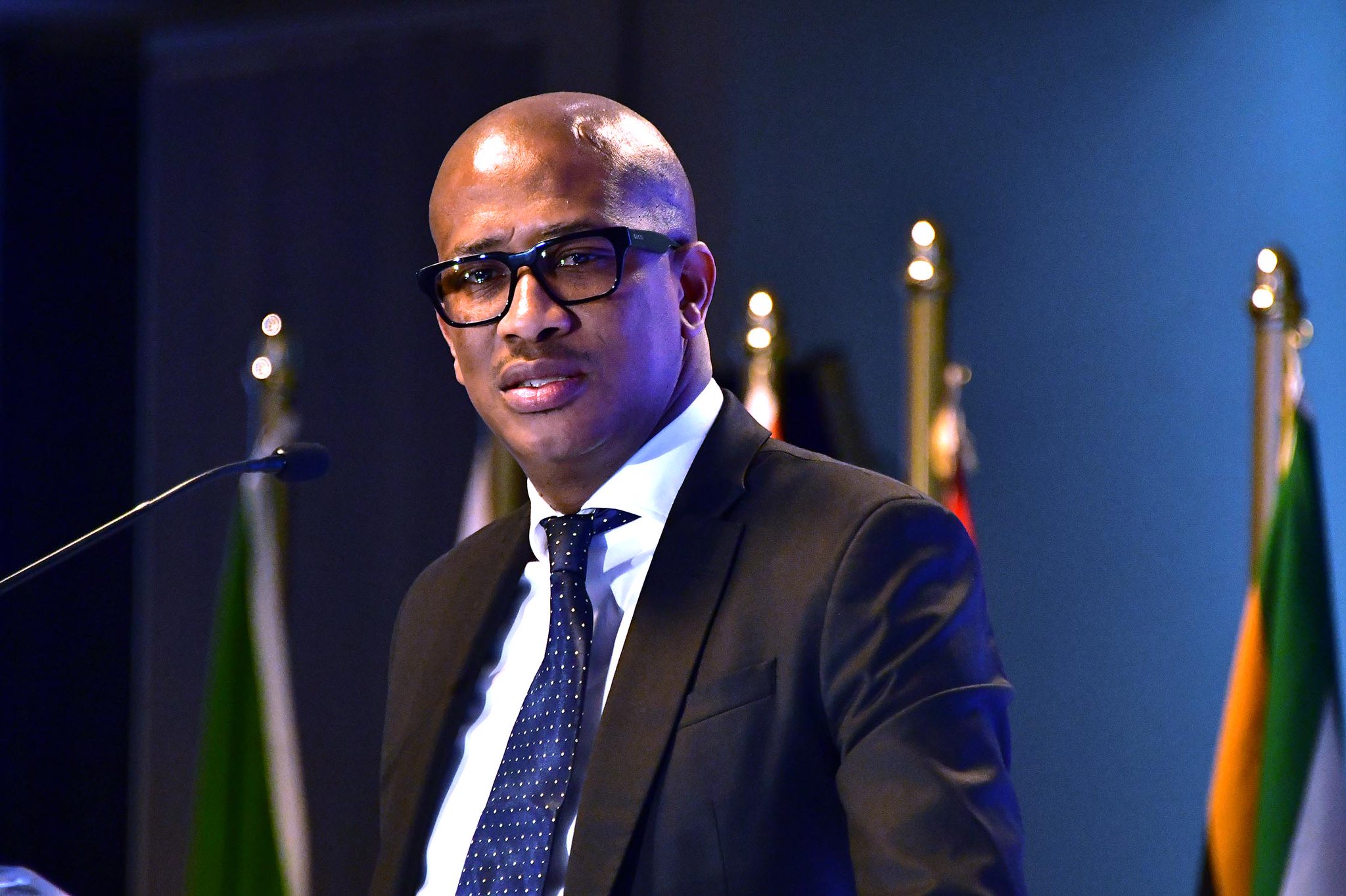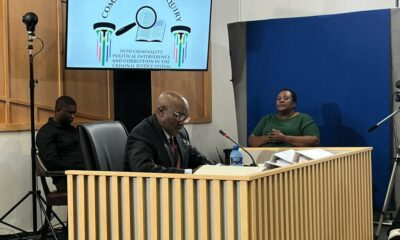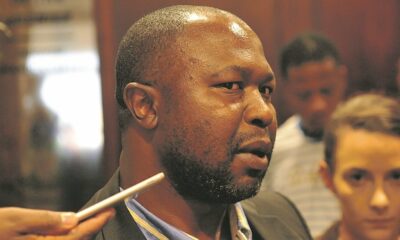News
Over 1,000 Civil Servants in South Africa Face Action After SIU Probe

A sweeping clean-up effort
The Presidency has confirmed that more than 1,000 government employees are facing disciplinary action following referrals by the Special Investigating Unit (SIU). The update came during a briefing to the Standing Committee on Public Accounts (Scopa), where the Presidency detailed the extent of corruption probes and their outcomes.
Jonathan Timm, a senior Presidency official, revealed that 1,278 individuals were flagged by the SIU. Of these, 370 cases have been finalised, while 608 are still underway. Another 300 remain stuck as the Presidency waits for updates from state departments and entities.
Who has been held accountable so far?
From the concluded cases, 44 officials were dismissed. Others were found guilty and given lesser sanctions such as demotion, suspension without pay, or written warnings. Those sanctioned included senior figures: an acting head of department, three municipal managers, three acting deputy directors-general, 12 chief directors, and four chief financial officers.
However, the process has not been without hurdles. At least 55 officials resigned before their cases were concluded, a tactic that has complicated accountability. The Presidency says measures are being developed to ensure officials who resign mid-investigation can still face charges if they re-enter the public service.
Blacklisting challenges
The SIU also recommended that 467 individuals and companies be blacklisted from doing business with the state. Yet, only one name currently appears on the National Treasury’s Restricted Suppliers Register.
Scopa chairperson Songezo Zibi criticised the slow pace, calling it “unbelievable” that the Presidency was still waiting on information for 300 cases and that blacklisting referrals were largely ignored. “People ought to have a level of fear for the Presidency and I don’t feel it in your presentations today,” he remarked.
Reforms on the horizon
Deputy Minister in the Presidency Kenny Morolong explained that the responsibility for blacklisting still lies with accounting officers. To fix this, the National Treasury is drafting regulations that will allow it to directly debar suppliers when departments fail to act.
The Presidency highlighted that the Public Procurement Act now provides a national framework for transparency and supplier debarment, though gaps in enforcement remain. A new central register is also being set up to track dismissals and resignations linked to misconduct across government.
Public frustration
The hearing drew sharp comments from MPs. EFF representative Veronica Mente-Nkuna stressed that citizens expected real consequences for malfeasance and maladministration. She urged either stronger training for officials or firmer removals from office.
With corruption scandals continuing to erode public trust, the SIU’s investigations highlight just how deep the rot runs. What remains to be seen is whether these referrals and new regulations will finally shift South Africa’s culture of impunity in the public service.
Also read: Drunk Driver’s Shock Release in Pietermaritzburg Sparks Public Fury
Follow Joburg ETC on Facebook, Twitter, TikT
For more News in Johannesburg, visit joburgetc.com
Source: IOL
Featured Image: Central News



























